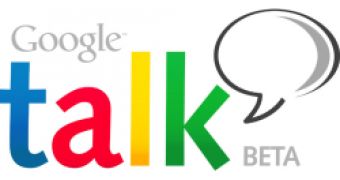Other companies offering instant messaging services and clients have started blocking access of citizens in countries under trade embargo by the United States after Microsoft announced a similar move recently. Countries currently affected are Cuba, Syria, Iran, Sudan and North Korea, all of which are under trade embargo regulated by the United States Office of Foreign Assets Control (OFAC).
"[AOL] takes its responsibilities under the sanctions programs administered by the Office of Foreign Assets Control seriously and has implemented policies and procedures designed to ensure compliance with all applicable laws and regulations. For various reasons, AOL does not disclose the details of its internal compliance program," a statement by the company writes. Meanwhile, Google has confirmed that it doesn't allow the downloading of its instant messaging client Google Talk or Google Earth in Sudan because of the current embargo.
OFAC has been increasing its focus on Internet-based services and activities for the past several years and some companies were sanctioned in the past for not complying with the regulations. Under the trade embargo laws companies in the US can offer communications services to the affected countries but they may not allow the download of their software, even if it is free, as it is considered to be among exportable goods. This is why web-based email clients like Google's Gmail or Microsoft's Windows Live Mail are allowed, as well as any other service that is entirely online.
Of course, there are a number of ways for residents of the affected countries to use the instant messaging services and the bans will not likely have much of an impact. It was reported that Syrian citizens were able to circumvent the ban in the Microsoft software by changing the country/region option in their accounts. There are also a series of web-based services and non-official instant messaging clients that are not affected by the ban and which can be used. Or, if they prefer the official software, there is the possibility of using an anonymous proxy, which will make it impossible to identify the country where the software is being used.

 14 DAY TRIAL //
14 DAY TRIAL //